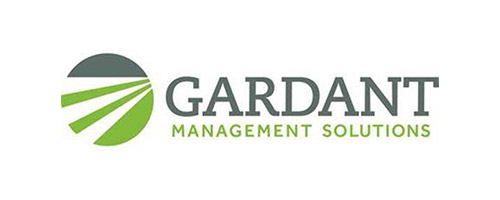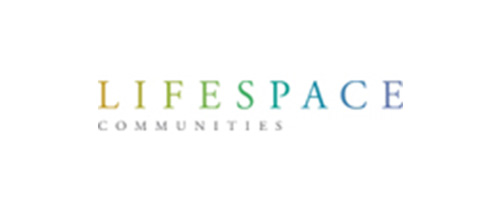Aging well in Quebec: A portrait of the inequalities between generations and between seniors
Today, the Observatoire québécois des inégalités is releasing its report "Aging well in Quebec", a first major portrait on the aging population in Quebec and its issues. This report was made to guide experts and decision-makers in the development of new social practices to reduce inequalities among seniors.
A collective conversation that must continue beyond the pandemic
While living conditions of seniors have been making headlines recently in Quebec, the difficult situation we are currently experiencing has revealed even more worrisome aspects. The effects of the pandemic have been particularly acute for seniors, but they are also the reflect of much deeper problems that were already there before the pandemic and that are likely to be exacerbated in the coming years as the aging population increases.
This report is part of an essential collective conversation that must continue beyond the pandemic. In the preparation of this report, the Observatoire's researchers have collated close to 250 articles and worked with more than forty databases. Divided into three main themes (economy, living environment and well-being), this publication aims at making scientific data accessible in order to encourage innovation and to offer solutions to decision-makers to help improving seniors' quality of life.
A concerning overview of the aging population in Quebec
Based on the most up-to-date scientific data, this comprehensive overview of the aging population of the province of Quebec and its issues puts forward significant inequalities in income and wealth among seniors. Among the main findings of this report, aging should be better understood in terms of the specific needs of seniors and the diversity of their life paths, both in terms of economic issues and problems that are more directly related to their well-being. To reduce inequalities among seniors, more concerted actions must be taken to enable this group to remain active in society, independent and break out of isolation.
Quick facts – Overview of people aged 65 and over
- 53% increase by 2050: the number of people aged 65 and over will rise from 1.7 million in 2020 to 2.6 million in 2050.
- Education is a crucial factor: the income of seniors with a university degree is about double that of those with no post-secondary degree.
- Large wealth inequalities: the richest 20% have nearly two thirds of all wealth held by senior households.
- Working by necessity: 25% of the seniors aged 70 and over who are working are doing it by necessity.
- Increasingly indebted: 40% of senior households have debts - a trend that is on the rise in Quebec and Canada.
- Isolation of seniors: more than one-third of Quebec men aged 75 and over say they have no close friends.
- To support its research process, the Observatoire was accompanied by an advisory committee and a scientific board, made up respectively of representatives of organizations from the community and experts in aging.
Do you have news to share?
The ICAA welcomes your news submissions. Please send your press releases to colinmilner@icaa.cc-the ICAA's email for submissions-and staff will consider your news for possible publication. Newsworthy topics include such things as center/community openings; initiative or campaign launches; announcements of awards, promotions or grants; and other topics of interest to active-aging professionals.
Share



































